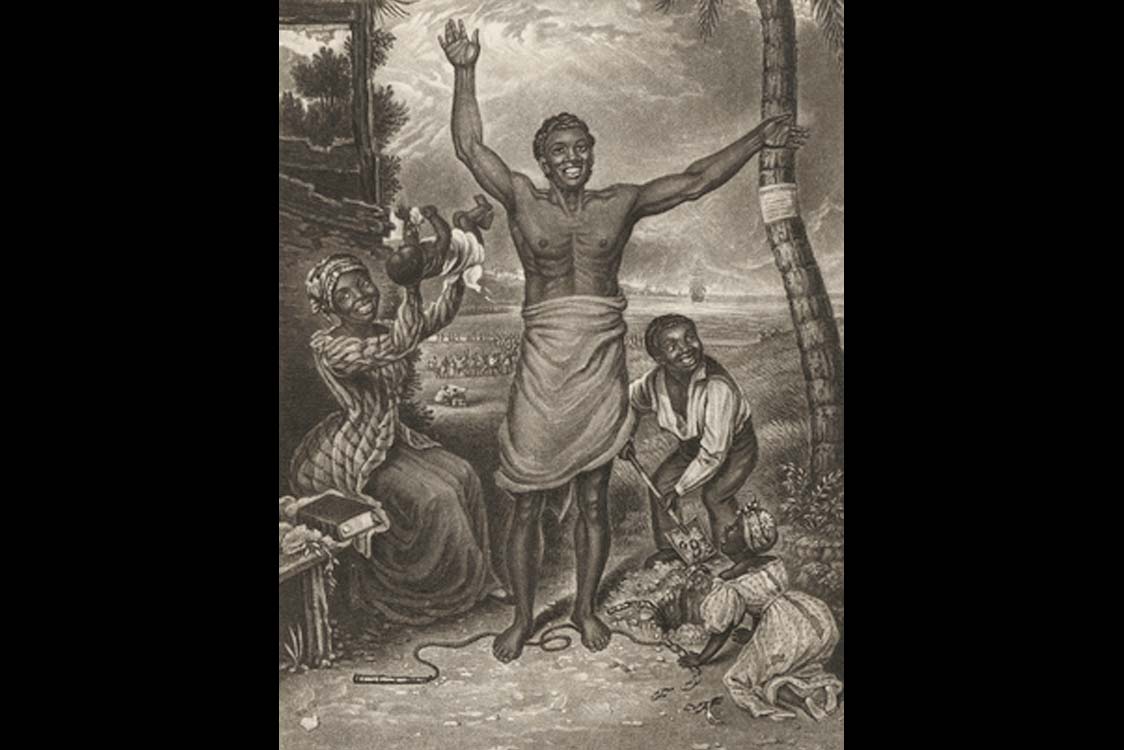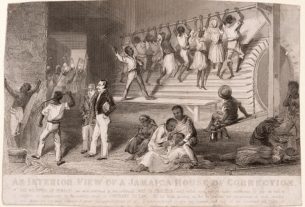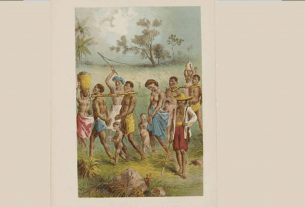1838
Emancipation Day, 1st August 1838, was celebrated throughout the Caribbean and in other British colonies. In the Caribbean, the day passed off quietly, and some people attended church services. Thousands of Africans congregated in villages and towns to celebrate the end of enslavement, and to hope for its abolition in the United States of America.
The emancipated Africans in Canada, along with American runaways, also adopted the 1st August as an important expression of their anti-enslavement sentiments. Although emancipation was legislated by Parliament, the freedom of Africans was restricted after the 1st August 1838. Also, racially discriminatory laws were enacted, and African families struggled to make a living.
After Emancipation Day, African women re-created the family unit which had been severely undermined by enslavers during the previous two hundred years. It was a significant form of collective action led by women. According to the Antiguan labourer Samuel Smith (1877-1982) in the book, To Shoot Hard Labour (Keithlyn Smith & Fernando Smith, 1986) women, like his African-born great-grand mother Rachel, went in search of their children who had been sold to planters on the island. Rachel had never been told to which planter her daughter Minty had been sold, and she did not know where Minty lived or worked. After three days searching they found her at Betty’s Hope plantation, which was owned by the Codrington family. What a grand reunion! Although making a living was very difficult in Antigua after Emancipation Day, Rachel Smith’s family members are doing well today.




